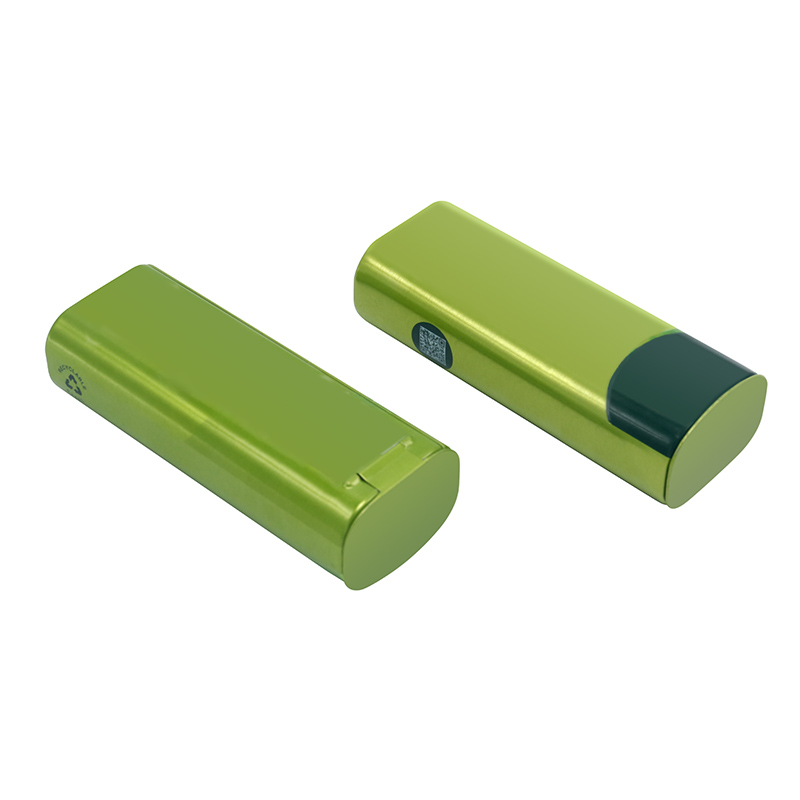The packaging industry has undergone a major transformation in recent years, thanks in large part to the implementation of environmental policies. These policies are designed to reduce waste, promote recycling, and encourage the use of sustainable materials. As a result, the market demand for tinplate cans has undergone significant changes. Known for being recyclable and durable, tinplate cans are becoming increasingly popular as consumers and manufacturers alike seek eco-friendly packaging solutions. This article takes an in-depth look at the positive impact of environmental policies on the tinplate can market demand, highlighting the changing consumption patterns and their wider impact on the packaging industry.
 Environmental policies have played a major role in reshaping consumer preferences and industry practices. Governments around the world are enacting regulations to limit the use of single-use plastics and promote sustainable packaging alternatives. For example, the EU directive on single-use plastics has prompted manufacturers to explore more environmentally friendly options, including tinplate cans. These policies not only encourage the reduction of plastic waste, but also create a favorable environment for tinplate cans, which are considered a more environmentally friendly option. As a result, the market demand for tinplate cans has surged as consumers become more aware of their environmental footprint.
Environmental policies have played a major role in reshaping consumer preferences and industry practices. Governments around the world are enacting regulations to limit the use of single-use plastics and promote sustainable packaging alternatives. For example, the EU directive on single-use plastics has prompted manufacturers to explore more environmentally friendly options, including tinplate cans. These policies not only encourage the reduction of plastic waste, but also create a favorable environment for tinplate cans, which are considered a more environmentally friendly option. As a result, the market demand for tinplate cans has surged as consumers become more aware of their environmental footprint.
As canned beverages and food become more popular, the global tinplate can market demand has risen significantly. As consumers pay more and more attention to sustainability, major brands have adopted tinplate cans as their main packaging choice. Tinplate cans have become an attractive choice for manufacturers due to their versatility and freshness-preserving properties. In addition, the implementation of environmental protection policies has also led to changes in consumption patterns, and consumers are actively seeking products packaged in environmentally friendly materials. This change has not only stimulated the market demand for tinplate cans, but also promoted innovation in the packaging industry.
In addition to changing consumer preferences, environmental policies are also driving manufacturers to invest in sustainable practices. Companies are now focusing on reducing their carbon footprint and improving the recyclability of their products. Tinplate cans are 100% recyclable and fully align with these goals. As a result, manufacturers are increasingly adopting tinplate cans as part of their packaging strategy, further driving market demand. The positive impact of these policies goes beyond compliance; they foster a culture of sustainability that resonates with consumers and encourages them to support brands that prioritize environmental responsibility. 
In summary, the implementation of environmental policies has had a profound impact on the market demand for tinplate cans. As the packaging industry adapts to new regulations and consumer expectations, tinplate cans have become the preferred sustainable packaging solution. The positive impact of these policies is reflected in the increasing popularity of tinplate cans, and factors driving this trend include changes in consumption patterns and a common commitment to environmental protection. As we continue to move forward, it is clear that the intersection of environmental protection and market demand will continue to shape the future of the packaging industry, and tinplate cans are at the forefront of this transformation.
Post time: Jan-07-2025





